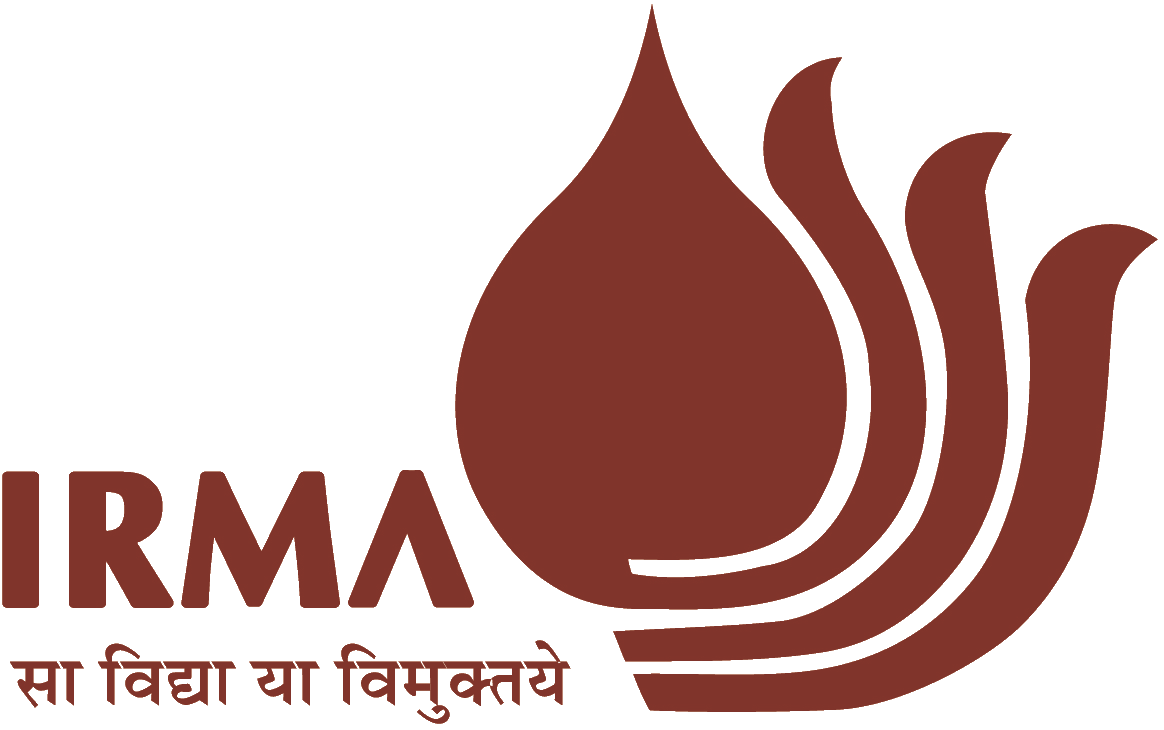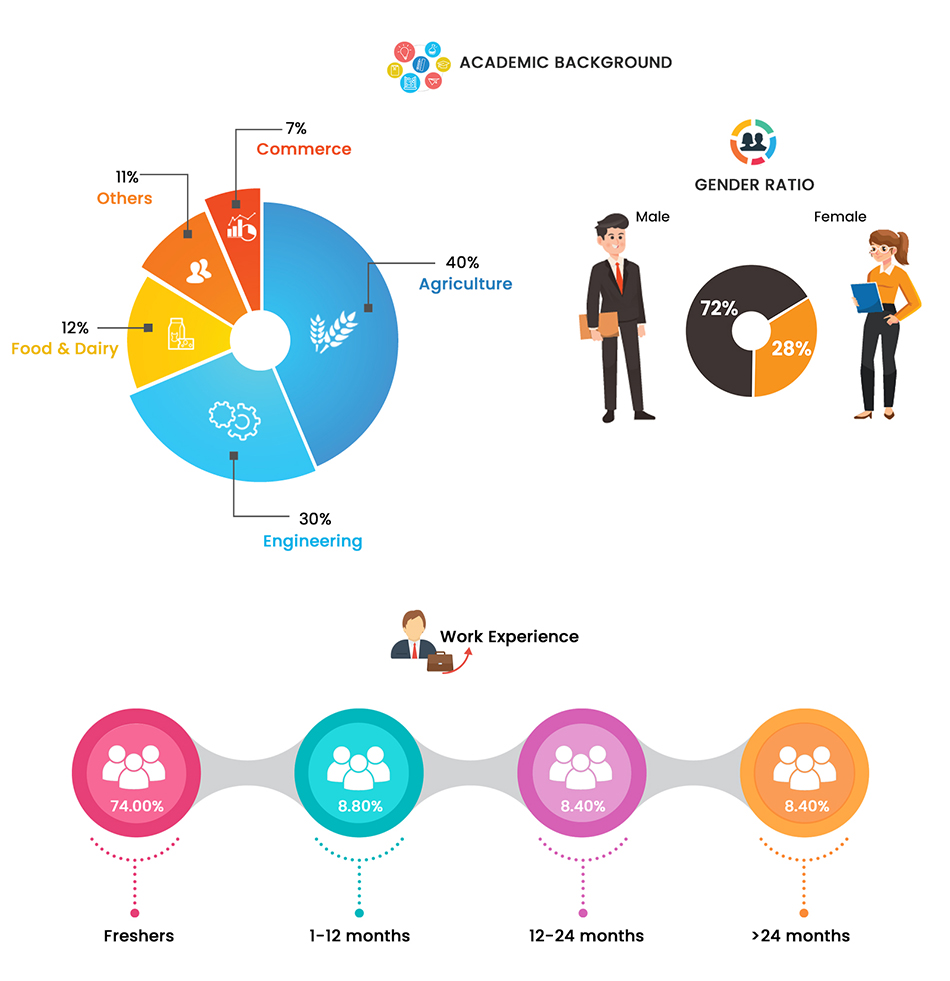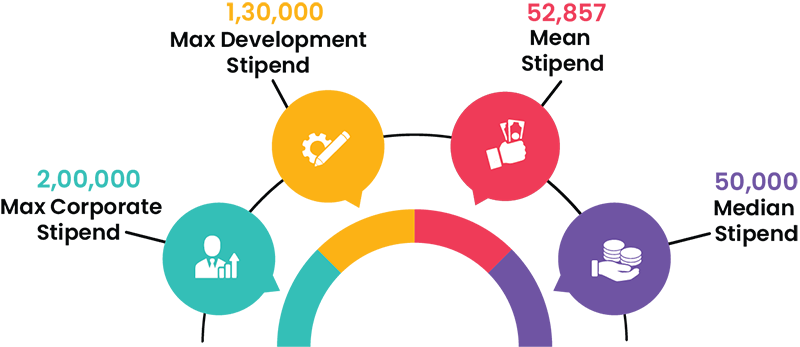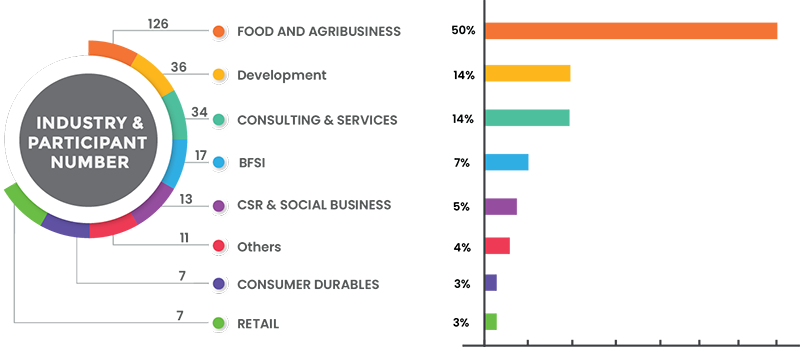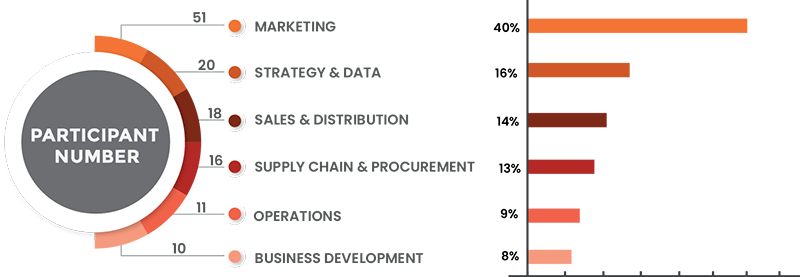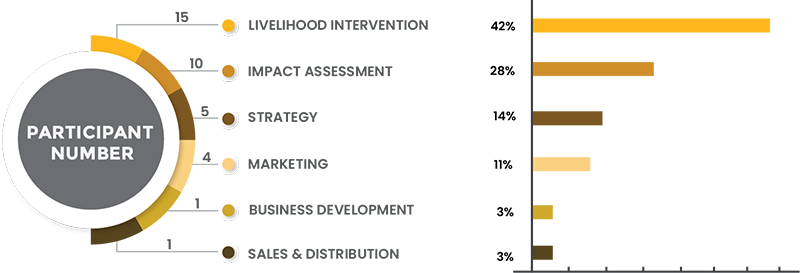The 22-month long PGDM (RM) programme is divided into six Classroom Terms, a Village Fieldwork Segment (VFS), and a Summer Internship Segment (SIS). The courses in each of these six terms are carefully structured in order to give a wholesome view of the entire discipline and are judiciously placed to enable the participants to apply the same during their internship. In order to achieve this perfect learning mix, IRMA, through its illustrious faculty, follows a distinct pedagogy with regard to each course that includes case analyses, simulations, experiential exercise, project presentations, writing papers, and guest lectures, apart from extensive use of audio-visual aids during regular classes.

Projects and Presentations
These form an integral part of the stimulating curriculum at IRMA, giving participants an opportunity to showcase their knowledge, creativity, and dynamism. Working in different groups with their peers from diverse academic backgrounds widens the knowledge base of participants, introducing variety to their unique learning experience besides honing their leadership a-nd people management skills. Innovative projects such as writing policy briefs, creating business and marketing plans for cooperatives, products, book reviews, etc. are vital components of the curriculum.
Simulation / Experiential Exercises and Audio-Visual Aids
The aforementioned components help participants gain better insights into various management concepts and development constructs. Every new batch is inducted into the PGDM(RM) programme through the famed in-house management simulation game called ‘Naranpur Express’ that simulates the rural economy and emphasizes the need for asset management and financial prudence. IRMA faculty members have been repeatedly invited by other top management schools in the country to conduct this game. Simulation games are also employed in courses to demonstrate practical situations and the strategies required to be used in them.

Case Analyses
Drawin-g upon their vast experience in research and consultancy, IRMA faculty members prepare and publish case studies in the field of rural management and other functional areas of management. These case studies, along with those drawn from other leading national and international B-Schools, are used for introducing contextual analyses and insights into issues discussed in classes by simulating a business environment in the classroom.
Experiential Learning
The most striking feature of the PGDM(RM) is the emphasis placed on experiential learning. IRMA believes this to be an integral part of shaping the participants’ outlook. Therefore, as a part of the curriculum, participants spend considerable time outside of the campus, learning, and applying. A graduating participant will have lived and worked with the underserved for nearly five months and hence, becomes a valuable asset to any organization wanting to cater to the needs of the rural populace.
A Firm Belief in Gender Inclusivity
Promoting equity and ensuring equal opportunities for the marginalized is implicit in the ambit of rural management. This can only be achieved if the same principles are respected at home. Here at IRMA, the genders are treated on par. Female participants face the same challenges as their male counterparts while on their fieldwork in the hinterlands. The tenacity of assignments remains the same and neither of the genders is discriminated against in the context of opportunities.
Phase 1
The Fundamentals and Field
(Starting on the right foot)
FIRST TERM & VILLAGE FIELDWORK SEGMENT (VFS)
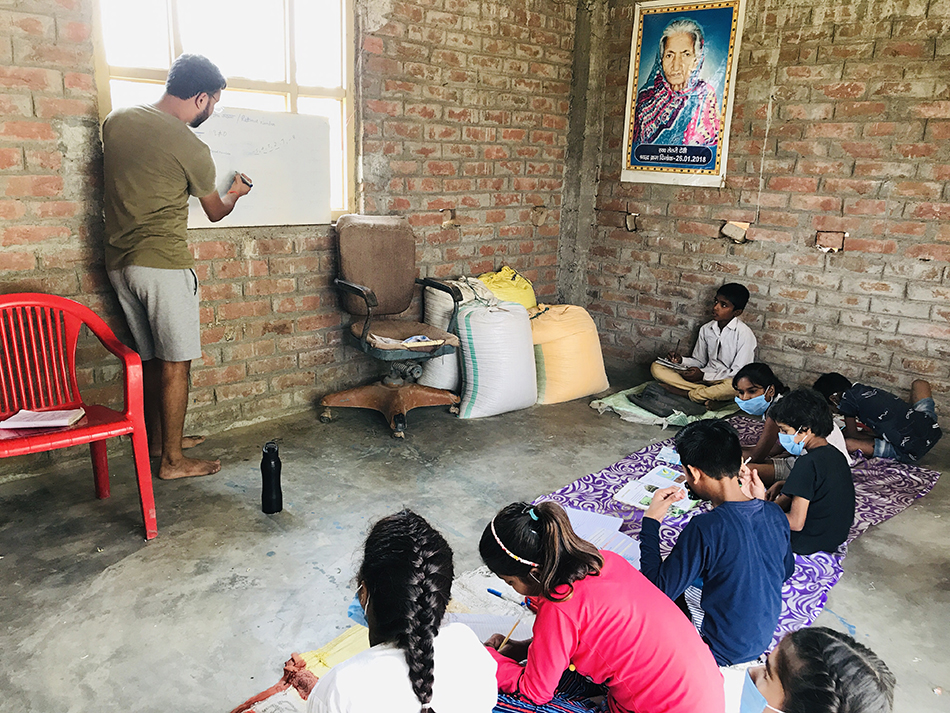
The courses in the first term cover some of the fundamentals of the management discipline and subjects that aid and provide tools for understanding and practical application in the Village Fieldwork Segment. The core courses during the first term include Business Statistics and Analytics, Microeconomics, Organizational Behavior, Financial Accounting and Rural Society and Polity. Implementation-oriented courses such as Participatory Rural Appraisal and value-added courses such as Gender and Development Lab equip the students to undergo the Village Fieldwork Segment wherein they will be gaining first-hand experience to understand rural life and society by spending seven weeks in the village.
The VFS consists of three distinct components: Exploratory Study of the Village (ESV), Rural Action Component (RAC) and Theme P-aper (TP). ESV is designed to give students a deeper understanding of crucial rural development themes such as health, education, governance, land tenure, agriculture, livestock, employment and business structures, and financial inclusion. Under the RAC component, participants execute a small action-oriented task assigned by the host organization. For the Theme Paper, the students must study and highlight any village specific issue and give th-eir recommendations for the same.
Phase 2
The Functionalities of Fundamentals
(Keeping the ball rolling)
SECOND & THIRD TERM
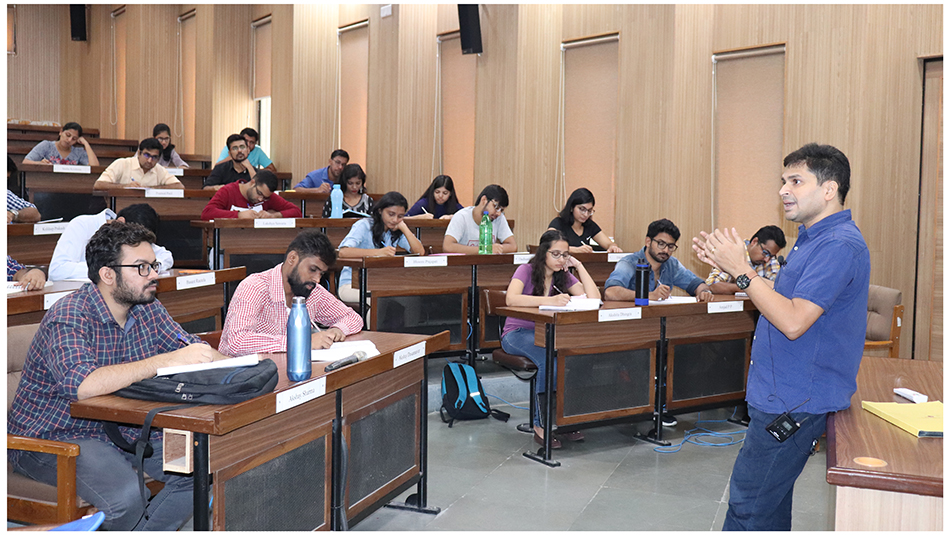
The courses in the second and third terms comprise the different functional areas of management and help the students develop an advanced understanding of the management discipline and development field through the integrative core subjects. The core subjects in these two terms include Macroeconomic Perspectives, Understanding Organizations, Production and Operations Management, Human Resource Management, Financial Management, and Marketing Management. Spreadsheet Modelling, a value-added course, provides students with an experiential learning opportunity. The Development Theories course in the second academic term aids in the students’ understanding of the development field.
SUMMER INTERNSHIP SEGMENT (SIS)
(Taking control)
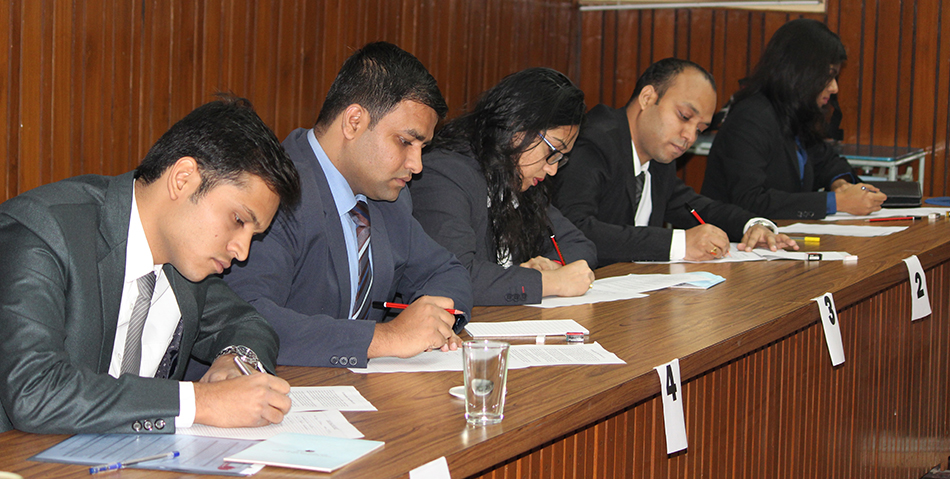
The Summer Internship Segment (SIS) is a nine-week long internship program scheduled from June through August of the PGDM-RM program. The SIS aims to provide students with an opportunity to work closely with experienced managers incorporate and grassroots organizations. Students develop practical skills and gain a realistic idea of the managerial functions of various organizations and development interventions. The SIS also offers scope for application and appreciation of theories, tools and techniques learned in the classroom and the Village Fieldwork Segment. Hence, SIS acts as a prelude to what the students are likely to encounter in their careers as managers.
Phase 3
Reflection and Execution
FOURTH, FIFTH AND SIXTH TERMS
In the last three terms, elective courses build on the foundational subjects and help students develop expertise in specific practice areas. This allows students to reflect on their learning from previous terms and build higher-order management skills. This is established through courses like Strategic Management, Project Management, and Managing Collectives. Students are given the freedom to judiciously choose electives that would shape their IRMA journey during these terms.
Furthermore, there are electives aimed at providing an in-depth understanding of various paradigms of management and development processes such as Corporate Social Responsibility, Monitoring and Evaluation, ICT for Development, and Microfinance as well as those that build a critical perspective on business domains such as Sales and Distribution Management, Agribusiness, Quality Management, Supply Chain Management, Social Marketing, Brand Management, and Strategic Sourcing Management.
Dear Recruiters,
Since its inception, IRMA has taken immense pride in shaping managers who work for the underserved sections of society. Having experienced the institute’s unique pedagogy and curriculum, IRMA’s most significant stakeholders, its students, are well-equipped to harness the true potential of India’s marginal and disadvantaged sectors and contribute to nation-building. These ambitions, however, won’t be fulfilled without your sustained support and encouragement. We humbly and warmly welcome you to the Summer Internship Segment (SIS) process.
The professional managers-in-training of IRMA’s flagship programme’s (Post Graduate Diploma in Management (Rural Management) – PGDM(RM)) 42nd Batch have already displayed tenacity and resolve by facing myriad challenges in today’s increasingly uncertain world. The students have endured online and hybrid classes and braved the unknown circumstances to complete the gamut of tasks during the Village Fieldwork Segment. I believe they are getting trained in not just concepts and cases in the management curriculum but also in facing the vagueness of the fast-changing landscape of the economy. We welcome you, once again, to the screening process and strengthening your bond with IRMA.
Best,
Kishan PKV
Internships Chairperson, IRMA
Participants’ Achievements
Club Activities
ICON Talks
Participants’ Achievements
Students of IRMA’s Post Graduate Diploma in Management (Rural Management) – the PGDM(RM) – are engaged in co-curricular and extra-curricular activities all year long via live industry projects with organizations of national and international repute, as well as through myriad student initiatives focused on intra and inter-institute events to further stoke the students’ creative fires.
Recently, students have been part of live industry projects with organizations such as:
IRMA students also regularly participate and excel in national-level competitions conducted by top-notch corporates and B-Schools from across the country:
Club Activities
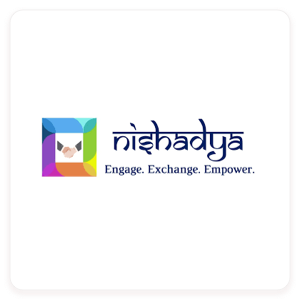
Nishadya – The Marketing Club
Mission Statement
To prepare participants for meaningful careers in the field of marketing, by providing academic and networking assistance through interactive learning sessions hosted by experts, practitioners, and professionals.
Description
Nishadya started its activities in April 2015. It has envisioned as a facilitator for building a strategic link between industry and the participants. As a club, it attracts some of the brightest minds interested in exploring the ever-changing dynamics of marketing.
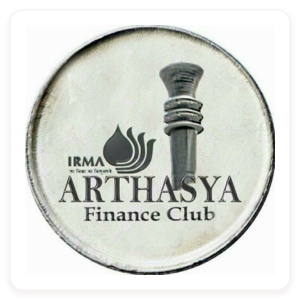
Arthaysa – The Finance Club
Mission Statement
Arthasya – The Finance Club believes that finance as a domain is about evolution and inclusion. The objective of the club is to inculcate the participants about modern-day financial tools, fintech, and the position of financial institutions. The club aspires to evolve a constructive culture in the future rural managers and enable them with tools to apply the theoretical concepts they have learnt in classrooms.
Description
Arthasya is the official finance club of IRMA which was initiated with the mission to sensitise the participants at IRMA with the financial know-how. Evolving Rural Managers must be equipped with the tools to minimise uncertainties. Arthasya tries to take this into account by facilitating learning experiences through industry talks, treasure hunts, market simulations and case competitions. It gives the students a platform to learn from the experience of others which results in facilitating a process of acquiring knowledge and wisdom.
We at Arthasya believe that- “Finance is not just about money or numbers but it is a way of life.”
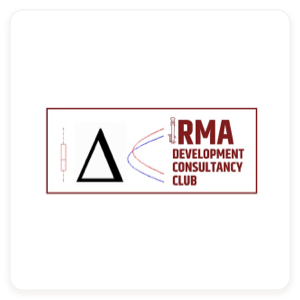
IRMA – Development Consultancy Club
Mission Statement
Work for IRMAns having an intention to pursue career in development consultancy or are interested in higher studies – MPP, MPA and PhD in Public Policy/Applied Economics
Description
IDCC grooms the development, public policy, and social impact consultants of tomorrow by training them in state-of-the-art data analytics and research methodologies. It also guides students who wish to pursue further studies in the fields of public policy, applied economics, and more.

iSEC
Mission Statement
Identifying and nurturing entrepreneurs for Rural India. The mission of iSEC is to provide a distinct framework at the institutional level to nurture new ideas and provide adequate support for holistic development among the participants.
Description
As a leading institute in rural management in India, IRMA bears the brunt of promoting the startups coming finding their roots in the development/ social sector. Keeping this in mind, the Social Entrepreneurship Club of IRMA was established 9 years ago by participants of a PRM 33 with a motive to provide a congenial environment for the budding entrepreneurs with an inclination towards any social cause.
iSEC was established as a student body of iSEED, the Incubator for social enterprises at IRMA and worked consistently to deliver it’s mandates. By organising talks with alumni who ventured into social entrepreneurship and giving the participants a taste of idea pitching, iSEC mentors the startup enthusiasts among the different batches. iSEC in association with iSEED plans various activities that caters to idea validation, social startup incubation and mentoring students on their ideation. The team believes in the power of thought and innovation, and facilitates the participants at IRMA to convert their ideas into potential business ventures. iSEC is motivated by the legacy left behind by the eminent founder of the institute, Dr. Verghese Kurien, an entrepreneur who changed the face of milk industry in India and wishes to inculcate the same within the students.
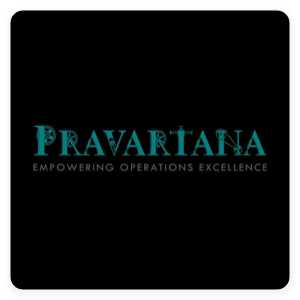
Pravartana – The Operation Club
Mission Statement
To develop and imbibe the understanding in students to meet the ends in the field of operations management.
Description
Pravartana was set up in February, 2019 by a small group of PRM-39 participants. The word ‘Pravartana’ is a Sanskrit word which means come to operation. The objective is to understand the connection between Operations Management and Rural Management as well as to develop the interest of students in different fields of operation. Our aim is to bridge the gap between the classroom sessions and practical understanding of Operations. The activities we conduct are case competitions, simulation games, quizzes, guest lectures by alumni as well as corporate experts and sharing of articles/latest news on supply-chain practices and operations.
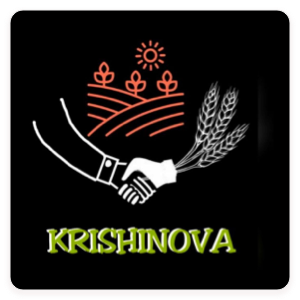
Krishinova
Mission Statement
The Agribusiness Club aims at solving modern-day challenges in agribusiness sector through a collaborative approach, keeping in mind the challenges faced by farmers. The club is a platform for participants of all academic backgrounds to learn more about the problems in the corporate sector and develop skills to tackle the same.
Description
Krishinova originated from a portmanteau “Agrinova,†meaning agricultural innovation. FAO defines Agricultural Innovation as, “The process whereby individuals or organizations bring new or existing products, processes or ways of organization into use for the first time in a specific context in order to increase effectiveness, competitiveness, resilience to shocks or environmental sustainability and thereby contribute to food security and nutrition, economic development or sustainable natural resource management.†it plans to substantiate the vision by collaborating with industry leaders for interactive sessions and a peak into the real world of agribusiness. It also plans to publish a semi-yearly magazine and a weekly wrap-up, apart from workshops and exhibitions
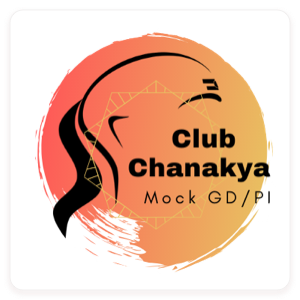
Chanakya
Mission Statement
Providing high quality and feedback-focused activities which will prepare, improve and enhance the potential of fellow IRMANs to excel in the Summer Internship Segments (SIS) and Final Placements.
Description
As soon as the fear approaches near, attack and destroy itâ€. This is necessary in B-Schools during SIS and Placements. The Club has been focussing on the end goal of making students placement ready through Mock GDs, Interviews and Expert Sessions.
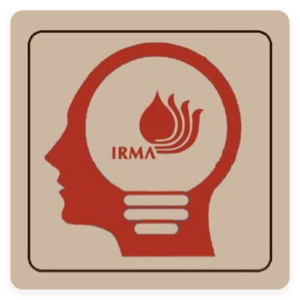
Jigyasa
Mission Statement
To organize intra and inter university quizzes at IRMA pertaining to all the necessary domains like Business,Sports and Entertainment,General quizzes etc.
Description
Jigyasa is a core club of IRMA responsible for conduction of quiz events with the objective to provide students an opportunity to test their knowledge in all domains and help them in enlightening their minds with the day to day affairs around the world.
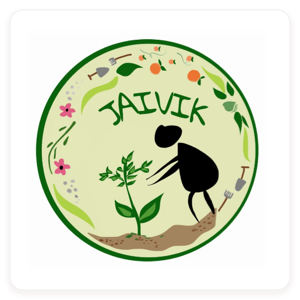
Jaivik – The Organic Farming Club
Mission Statement
To raise student awareness in the area of sustainable agriculture while encouraging the application of management techniques to gain insights into the intricacies of the organic farming business.
Description
Jaivik provides a great platform for participants to implement real-world situation theories learnt in the classroom. The aim is to inculcate the roots of farming and develop business ideas to increase the income of farmers and enhance the health standard of society. Apart from being a good team-building exercise, it stimulates multi-tasking abilities, leadership skills, and responsible behavior. Participants also get to practice optimization in the face of limited resources while learning about environmental conservation. Through the Club, participants can gain hands-on experience engaging as farmers overseeing a small plot of half acre land. They cultivate their produce without the aid of pesticides or fertilizers. Through this, participants get an insight into the challenges and constraints of farmers who are involved in Organic Farming. Other than the practical exposure to farming, Club members learn key management skills like marketing, planning, scheduling, and working within a cooperative framework.

Reflexion – The Photography Club
Mission Statement
Reflexion intends to bring the lively moments (Not limited to the College!) and many more in the most picturesque manner so that wherever we all are, these memories linger on independent of time, keeping the essence intact.
Description
Reflexion, the photography club, captures the very essence of humanity in IRMA. Started by PRM34 and resurrected by PRM 40, Reflexion is a platform for photography enthusiasts of IRMA who have a penchant for photography, want to hone their skills, and showcase it to the world. We believe that every moment of the college holds something special, and there is always something interesting going on. From the early morning with the sun shining over chimes to the lovely sunset behind O-Block; from half-opened eyes barely making it to class to the energetic discussions at night in front of the mess; hectic weekdays to fun-filled late Grill nights (just regular days) and then there are festivals, Prom night and innumerable eventful days.

i-Spirit – Mindfullness Activity Peace
Mission Statement
To foster the IRMAn spirit among the participants through Yoga, Meditation and Mindfulness.
Description
The i-Spirit club believes that Yoga, Meditation, and Mindfulness is highly instrumental in achieving the objective of self-development. The stress that is faced by the youth is immense in this age and to deal with it, they are occupied in various pursuits that are counter-productive in nature. Their energies can be channelized in a better manner with the help of Yoga, Meditation, and Mindfulness which will not only ensure their wellbeing but also provide a higher purpose in life. The club, in its entirety, aims to help the participants develop themselves into the individuals who will go out in the world and exhibit the IRMAn spirit in their life by working towards the betterment of the masses.

Melomaniacs
Mission Statement
To provide all the music lovers unlimited access to gathering and learning from each other, showcasing the musician inside and imbibing the spirit of IRMA through the means of music.
Description
“Without music, life would be a mistake”,said Friedrich Nietzsche.
Art, of any kind is like a fire burning inside each one of us, just waiting to light up candles for a clearer vision of life! Music is an intangible art form that rekindles buried emotions within each one of us. It makes our lives more beautiful and aesthetic. We bring to you Melomaniacs – The high to your blues, the club that aspires to bring under one umbrella, the diverse voices and instruments, styles and cultures, so that we can learn from one another through the art of music. Our values are rooted in the belief that there is melody in everything, from the chirping of birds to the pitter patter of raindrops and the art of synchronizing this is the art of creating music. At Melomaniacs, we invite every IRMAN/Non-IRMAN to come together and let the art of synchronization flow freely.

Laasya- The Nritiyashala of IRMA
Mission Statement
To proliferate the culture of dance in the lives of IRMA students and its community to harbor an inclusive environment and further make it a sustainable venture.
Description
At Laasya everyone is welcome with open arms. You being a dancer or a non-dancer, a faculty, from the community or a student does not change anything in this platform. We meet with only one purpose- that is to dance to reconnect to oneself. One does not
have to be a dancer to feel the joy of swaying and losing oneself to the rhythms of music, one just needs to connect his/her soul with every beat that resonates. That is the core idea behind Laasya. A platform which helps you reconnect with yourself and express your emotions gracefully. Our weekdays and weekend workshops tend to be a fun stress reliever.
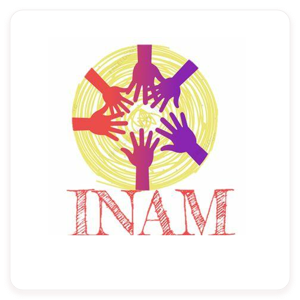
INAM – IRMA Natya Manch
Mission Statement
- To become a platform for theatre artists among participants and those, who wish to learn dramatic arts to learn and exercise the skill of drama, to equip them in dramatic arts for stage and for life.
- To create and promote performances that explore the true potential of different forms of dramatics arts and give the participant an opportunity to experience the power of theatrical expressions.
- To enable participants to explore the hidden talent of dramatic arts and make them realize how skills of dramatic arts can change their lives.
Description
- Provide participants with the opportunity and training to develop the ability to express themselves by performing in productions as well as assisting with other production aspects, including design, set building, costuming, sound, promotions, and composition.
- To organize dramatics related events such as competitions, workshops, performances, script reading sessions, etc. that promote the culture of dramatic arts in members of IRMA family.
- Producing and facilitating productions related to dramatics.
ICON Talks
At IRMA, we expose our participants to various domains and disciplines of business which includes Finance, Agri-Business, FMCG, Marketing, Development, CSR, Supply Chain, Consulting, etc. that has a significant impact on IRMAn proteges.
ICON Talk is a platform devised entirely to provide this opportunity to our participants and faculty members to engage and imbibe the rich experiences of professionals. It strives to enhance the knowledge base of the participants at IRMA and help them understand the contemporary market conditions so that they are acquainted with the events in the sphere of management and rural development.
Some of the predominant speakers for the ICON talk in the recent past are given below

Speaker Name
Mr. Raju Narsetti
Designation
Publisher at McKinsey Global Publishing and Founder of Live Mint
Organization
McKinsey
Topic
Imteractive session

Speaker Name
Mr. Sandeep Chatterjee
Designation
Director
Organization
Deloitte India
Topic
Disruptions and Challenges in Supply Chain due to the pandemic and/or Experience as a Supply Chain professional

Speaker Name
Mr. Abhishek Gupta
Designation
Partner, and Govt Advisory
Organization
EY
Topic
Government Consulting
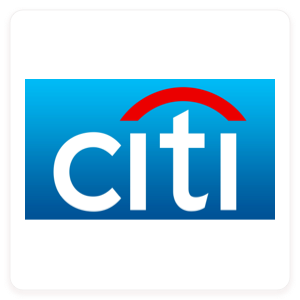
Speaker Name
Mr. Indunath Chaudhary
Designation
Vice President
Organization
Citi Bank
Topic
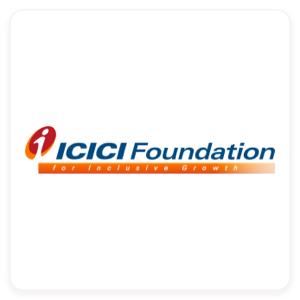
Speaker Name
Mr. Anuj Agarwal
Designation
Chief Operating Officer, Airtel Payments Bank
Organization
ICICI Foundation for Inclusive Growth
Topic
Development & Distributed Growth Through CSR

Speaker Name
Ms. Shewta Bhardwaj
Designation
Associate Director
Organization
Johnson & Johnson
Topic
Global Health Landscape
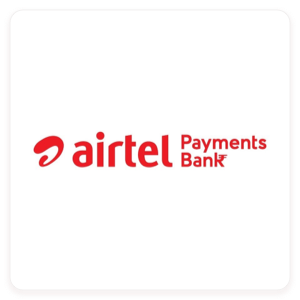
Speaker Name
Mr.Ganesh Ananthanarayanan
Designation
Chief Operating Officer
Organization
Airtel Payments Bank
Topic
Role played by Digital & Financial Technologies to improve rural penetration for Airtel Payments Bank
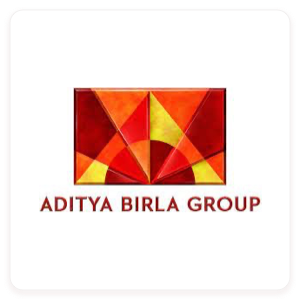
Speaker Name
Mr. Pankaj Rai
Designation
Group Chief Data and Analytics officer
Organization
Aditya Birla Management Corporation
Topic
Interactive session
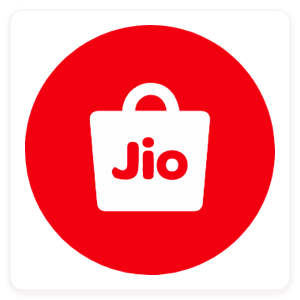
Speaker Name
Mr. Sundar Raj
Designation
Chief Merchandising Officer
Organization
JioMart (Reliance Retail)
Topic
Growth of ECommerce post COVID

Speaker Name
Mr.Dharm Rakshit
Designation
Head HR
Organization
Hero Motocorp
Topic
Conversation with Mr.Dharm Rakshit
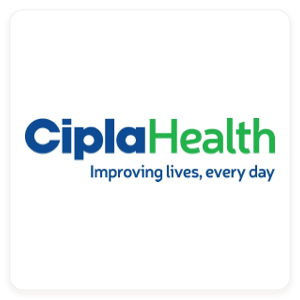
Speaker Name
Mr. Shivam Puri
Designation
Chief Executive Officer
Organization
Cipla Health Limited
Topic
Corporate world & entrepreneurship

Speaker Name
Mr. Nitin Parekh
Designation
Chief Finance Officer
Organization
Cadila Healthcare Limited
Topic
Making of an ultimate CFO
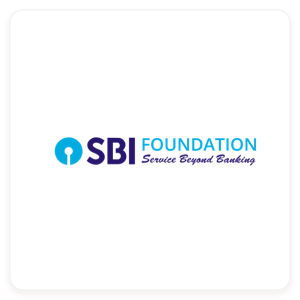
Speaker Name
Mr. Shiddhalingesh B
Designation
Co-ordinator, SBI Gram Seva
Organization
SBI Foundation
Topic
Sustainability in Rural Development Programme
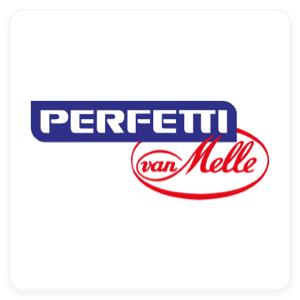
Speaker Name
Mr. Vasu T S
Designation
Associate Director, Sales Development
Organization
Perfetti Van Mele
Topic
Imteractive session
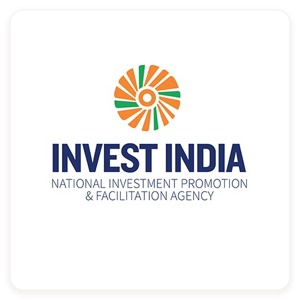
Speaker Name
Dr. Preet Deep Singh
Designation
Lead (One District One Product) of Invest India
Organization
Invest India
Topic
Policy and Growth
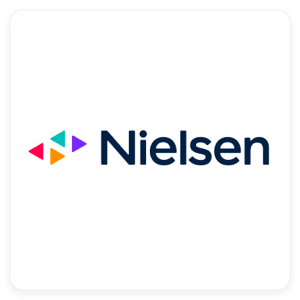
Speaker Name
Mr. Gaurav Singh
Designation
South Asia Lead
Organization
Nielsen
Topic
Market research and disruptions due to pandemic and way ahead
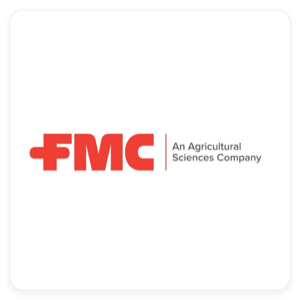
Speaker Name
Mr.Bakul Joshi
Designation
Marketing Lead
Organization
FMC Corporation
Topic
Value Selling

Speaker Name
Mr.Rajendra Mehta
Designation
President & CHRO
Organization
Welspun India Limited
Topic
Diversity and inclusion- its relevance in business in the current business context
- By Discipline
- By Work Experience
- By Gender
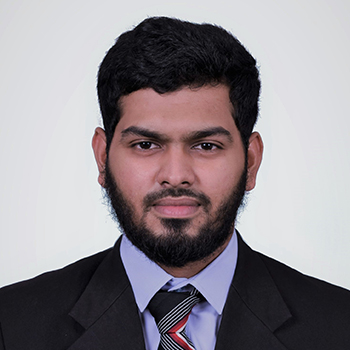
Moulana Malik
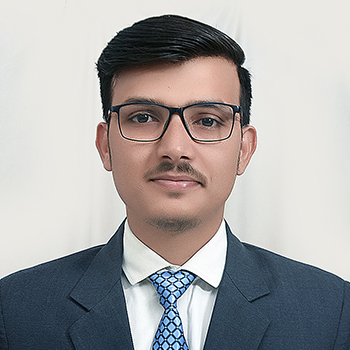
Aakarsh Pandey
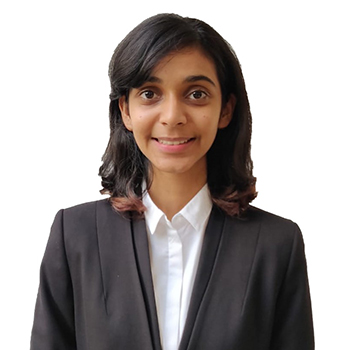
Aashna Sharma
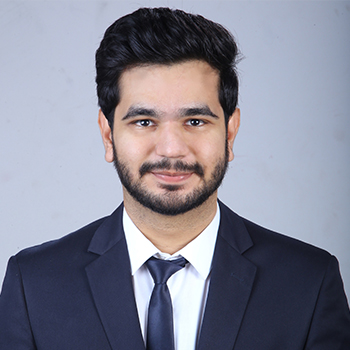
Aayush Malviya

Abhishek Malhotra
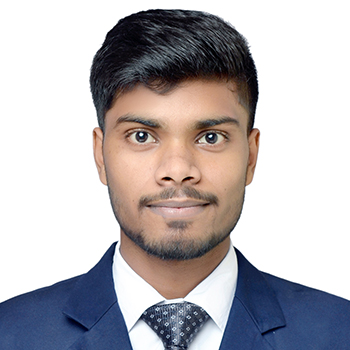
Abhishek Patel

Abhishek Singh
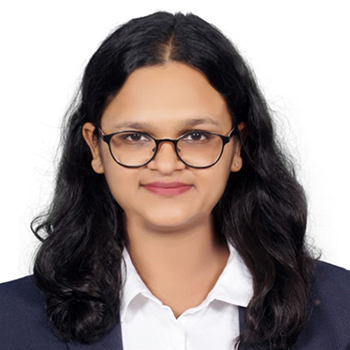
Aditi Agarwal
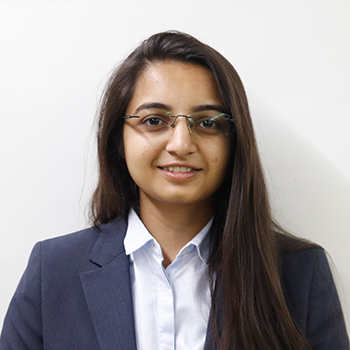
Aditi Patel
Career Development and Placement office
Mr. Alpesh Macwan
Phone (M) – 7069066175 (O)- 02692-221699/221604
Email- internship@irma.ac.in
| Name | Contact detail |
| Shivangi Srivastava (Convenor) | 8355900687 |
| Amit Kumar Nayak | 9937928915 |
| Binjan Patel | 9428050401 |
| Gokul J Mepprethu | 9742540460 |
| Gopika V R | 9562420225 |
| Jayesh Chavhan | 9405716326 |
| Kartik Yadav | 7014041072 |
| Kreeti Kumari Poddar | 9546217128 |
| Krutika Dash | 9898173679 |
| Pratyush Prateek Panda | 9040999699 |
| Reeya Thakur | 9891901767 |
| Ritigya Shree | 7088080009 |
| Rohan Shah | 8153838273 |
| Sai Krishna Varma | 8309970039 |
| Sangeeta Kumari | 8981116452 |
